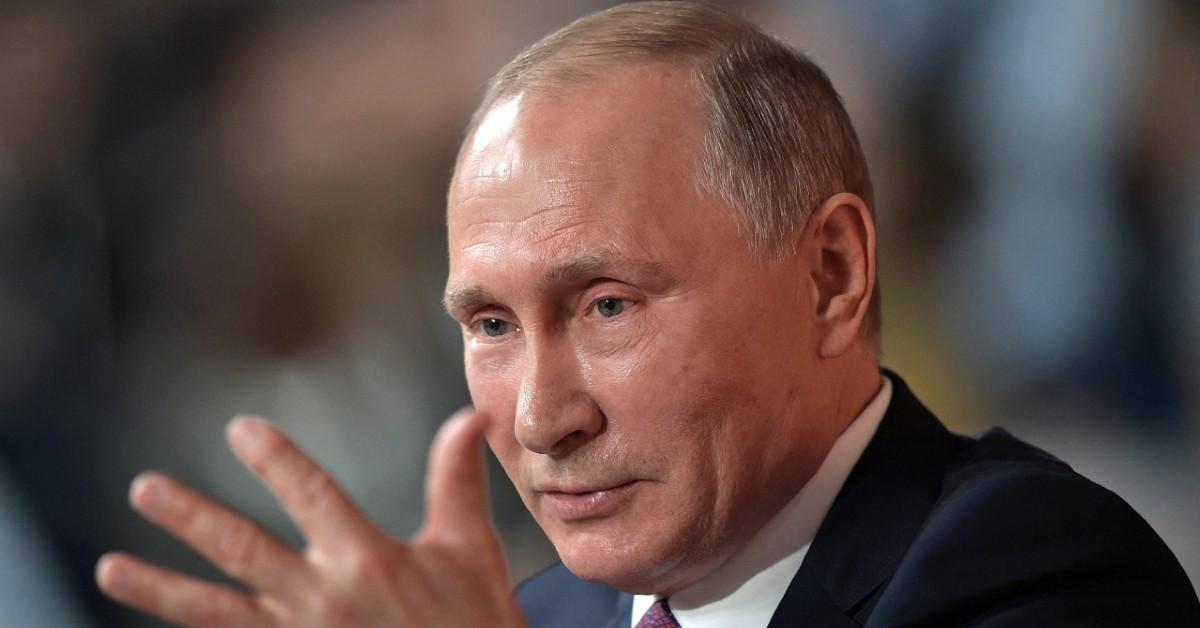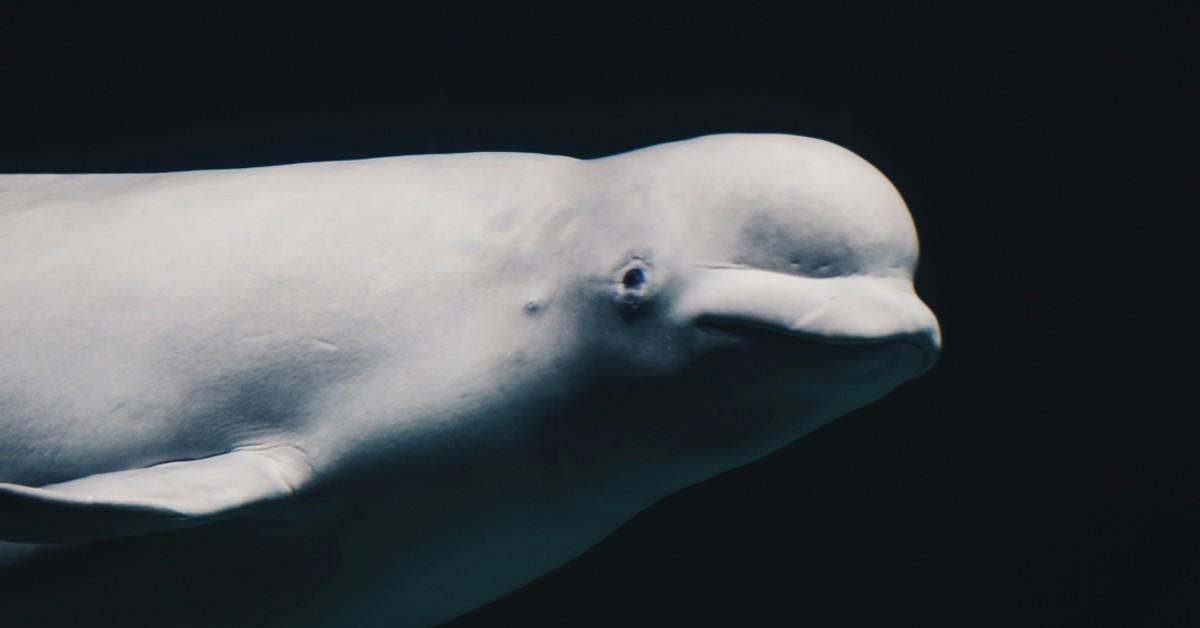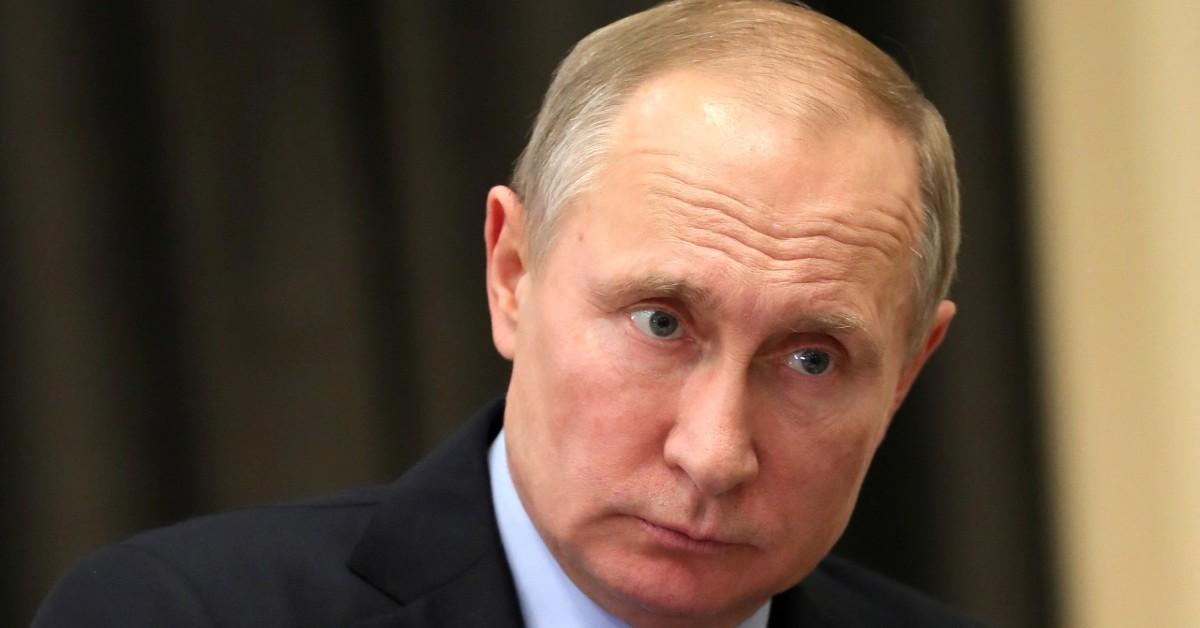Politics
Vladimir Putin Faces Criticism for Allegedly Ordering a Hit on a Celebrity Whale That ‘Defected’ from Russia
Vladimir Putin is facing intense scrutiny following the death of Hvaldimir, a Beluga whale that gained fame and suspicion due to its alleged ties to Russian espionage. Hvaldimir, once thought to be part of a Kremlin spy program, was found dead in Risavika Bay, Southern Norway, on September 1. A father and son discovered the whale’s lifeless body floating in the water, sparking a wave of outrage and speculation online.

Animal rights activists and social media users have quickly linked Putin to the whale’s death, with many using the hashtag “Justice for Hvaldimir” to express their anger and demand accountability. Hvaldimir, who was only 15 years old, was relatively young for a Beluga whale, which can live up to 60 years. This unusual early death has fueled accusations that he was shot, as activists claim to have found bullet wounds on the whale’s body.

Marine biologist Sebastian Strand, who monitored Hvaldimir’s movements through the Norwegian non-profit Marine Mind, confirmed the whale was in good health prior to his death. Strand expressed shock at the discovery, stating, “It’s absolutely horrible. He was apparently in good condition as of Friday. We just have to figure out what might have happened here.”

The whale’s death is particularly suspicious given his history. In 2019, Hvaldimir was spotted near the Norwegian coast with a GoPro camera strapped to him, which had a label reading “Equipment of St Petersburg.” This discovery led to speculation that Hvaldimir might have been involved in espionage for the Russian military, raising further questions about the circumstances surrounding his death.

Regina Haug, founder of the group One Whale, which has been tracking Hvaldimir since his initial sighting, has publicly condemned the killing. She claimed the whale had multiple bullet wounds and vowed to “pursue justice for Hvaldimir.” Her allegations have resonated with the public, leading to a surge of support on social media and further criticism of Putin.
Despite these claims, Marine Mind has stated that it is too early to definitively determine the cause of death. Strand noted that while there were markings on Hvaldimir’s body, it is still unclear if they were caused by gunshots. The whale’s body has been sent to the Norwegian Veterinary Institute for a thorough autopsy, with results expected to be available in about three weeks.
Police are currently investigating the incident to assess whether there are sufficient grounds to launch a formal inquiry. The case has not only stirred public outrage but also drawn attention to the broader issues of animal rights and international espionage, highlighting the complexities surrounding Hvaldimir’s mysterious death.
